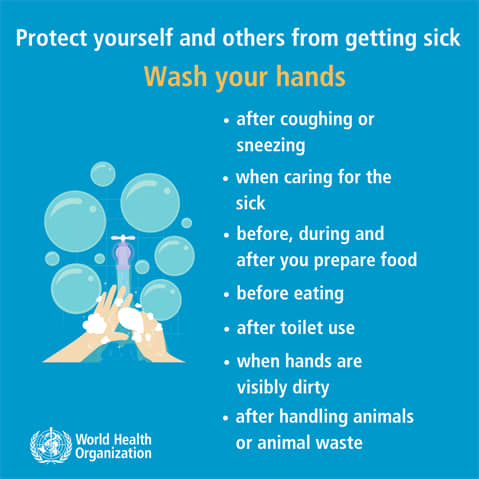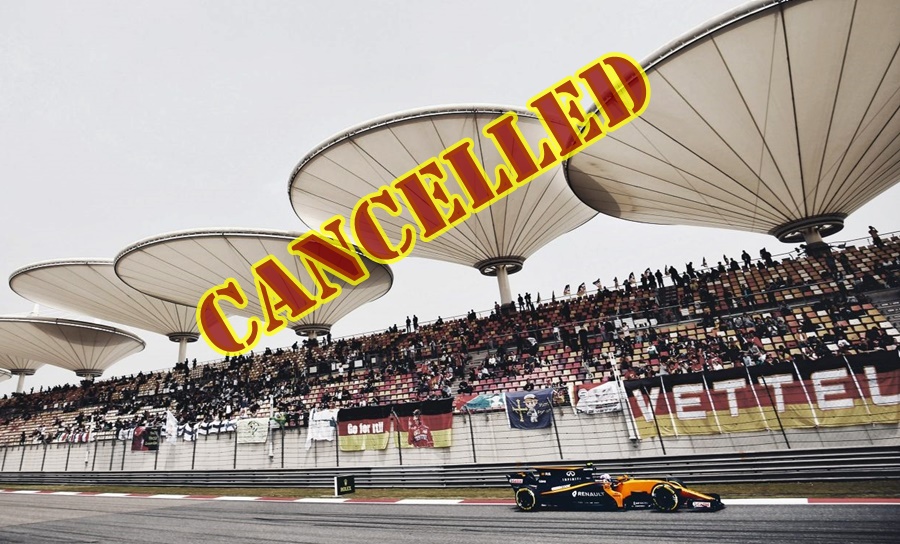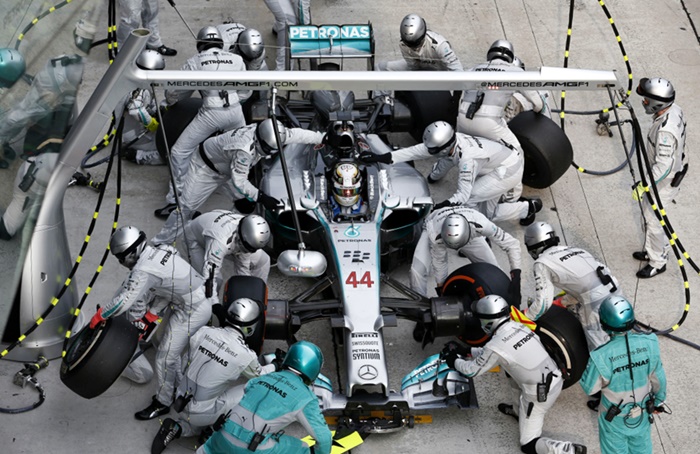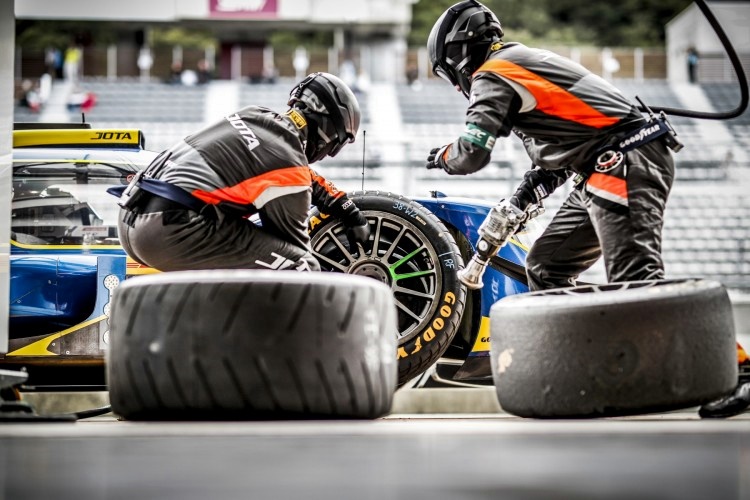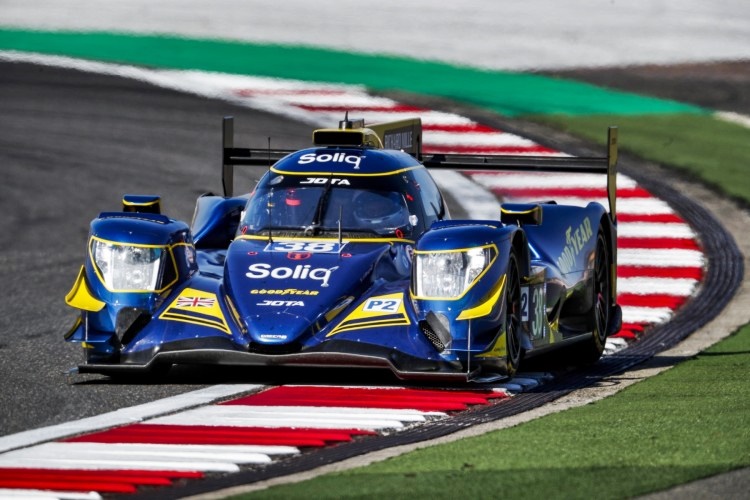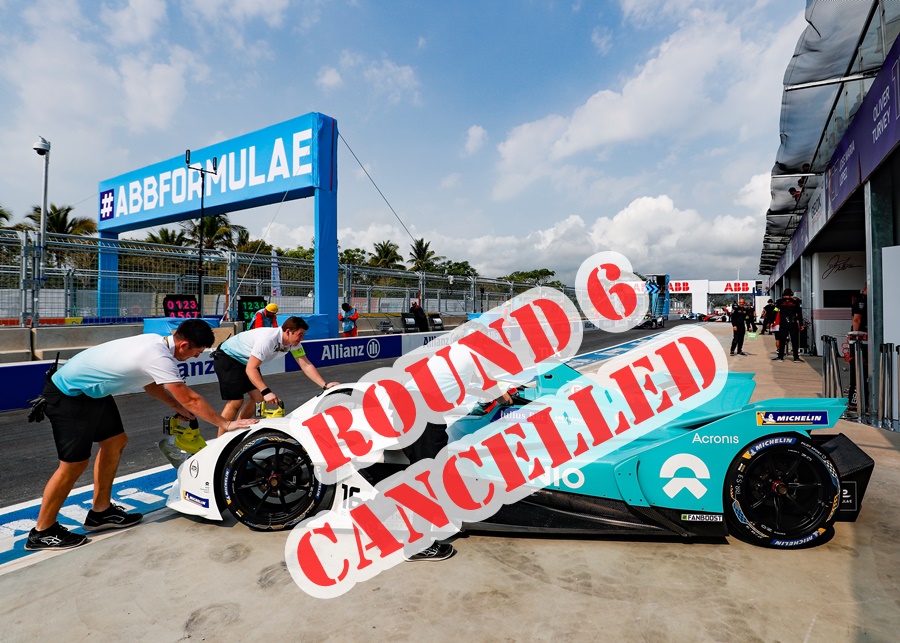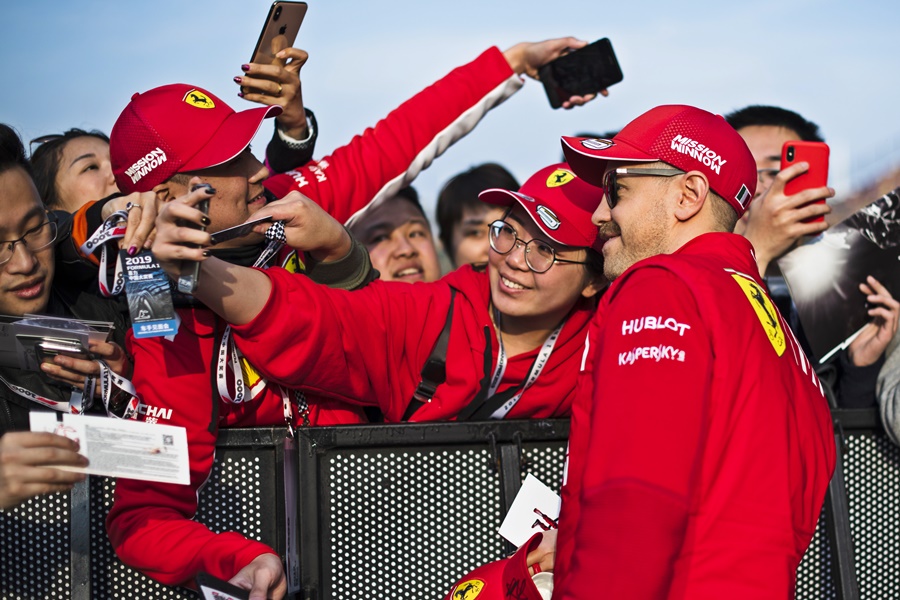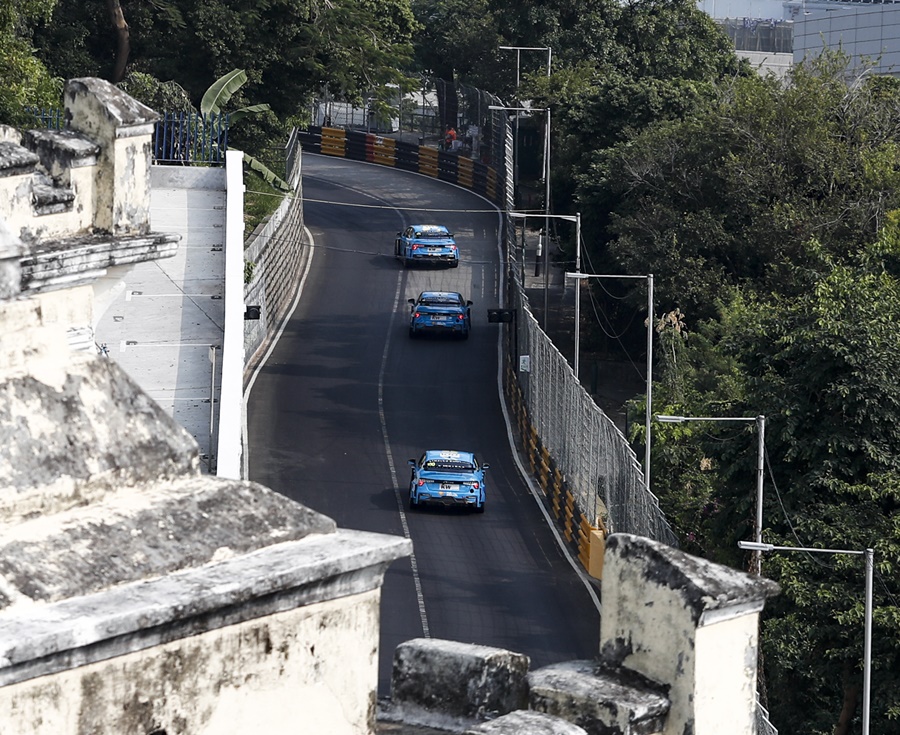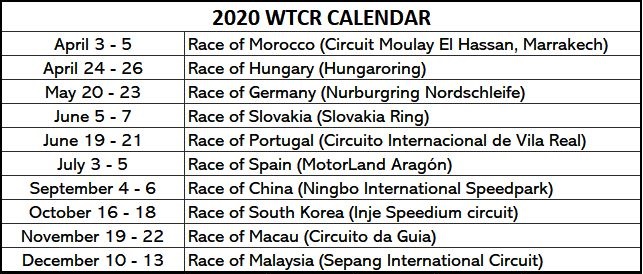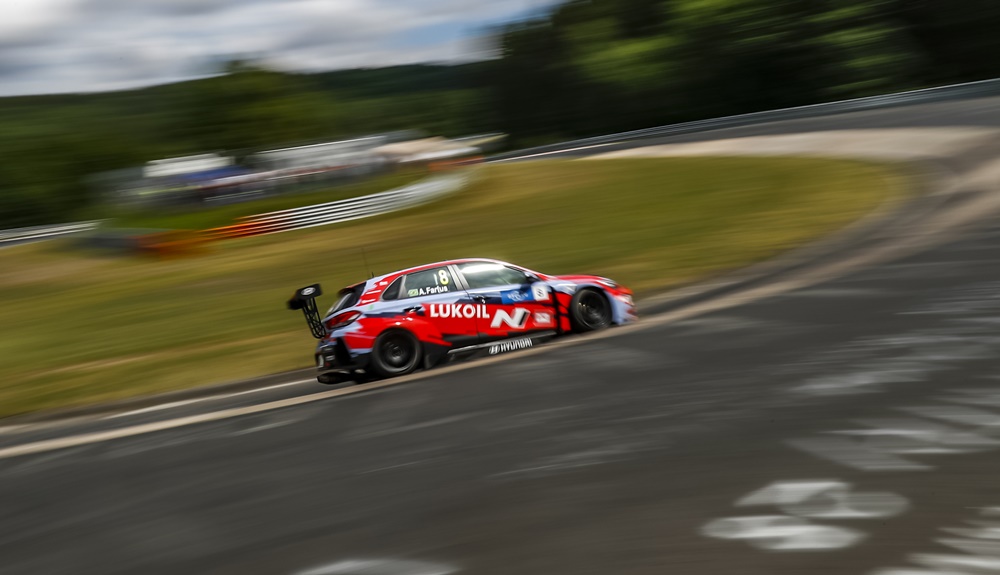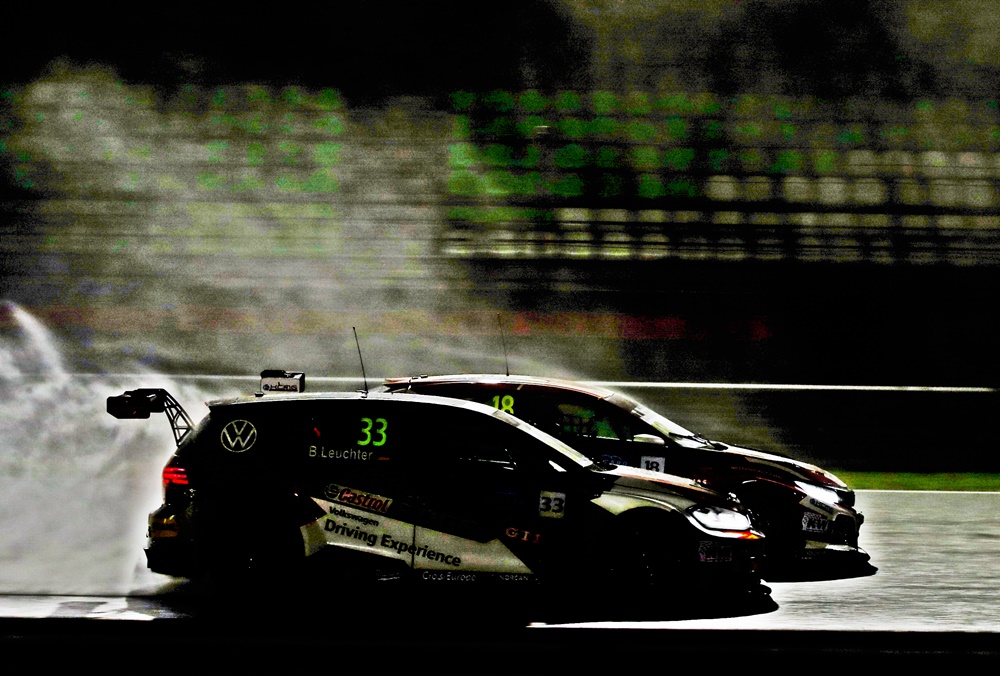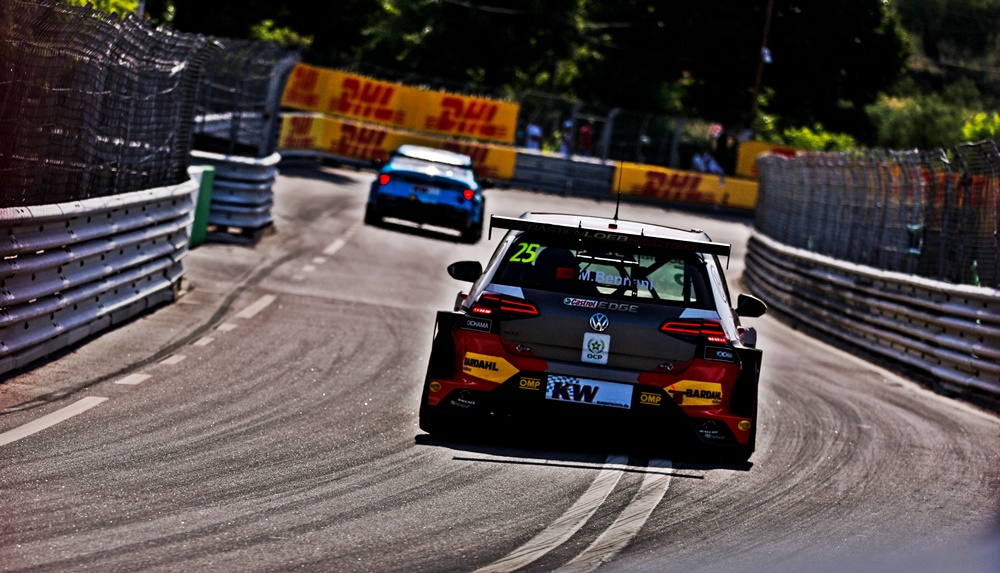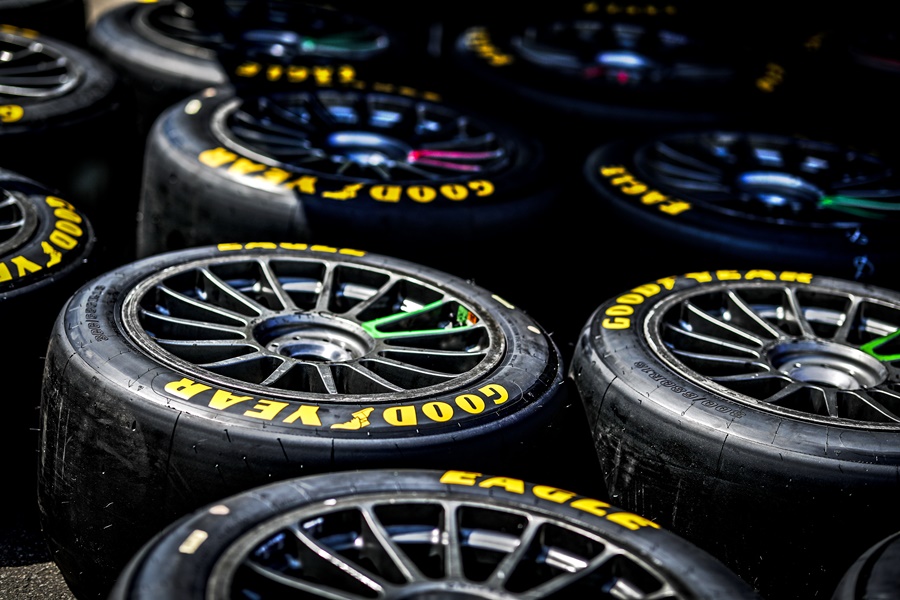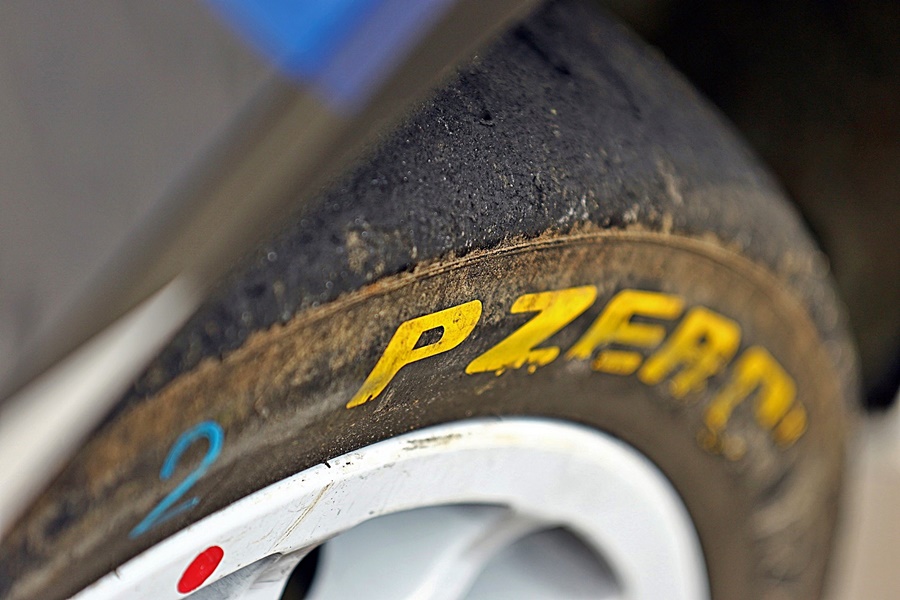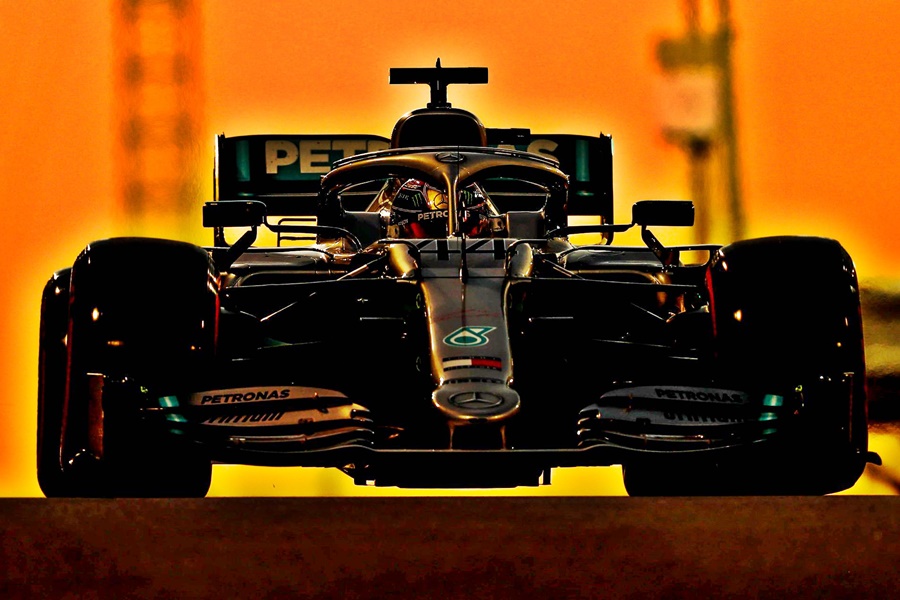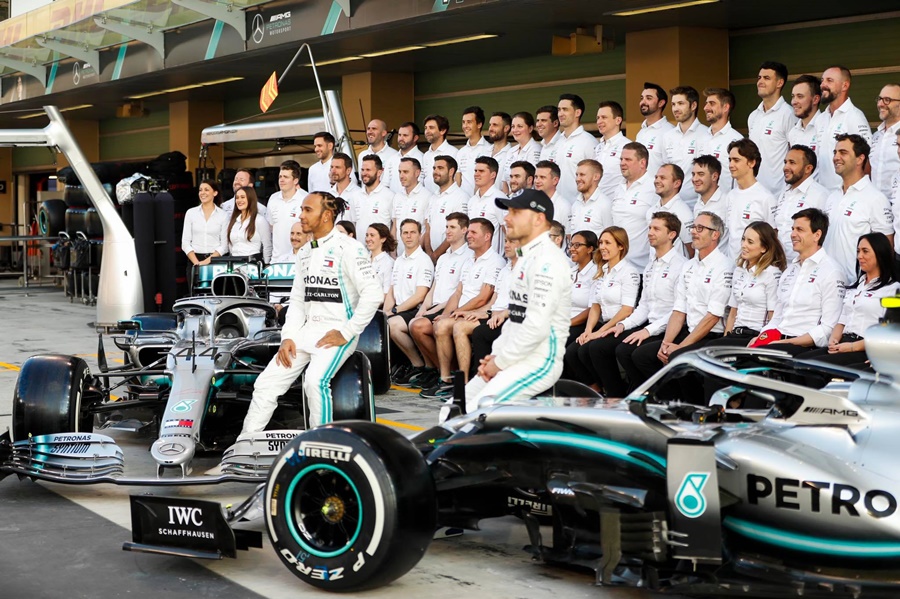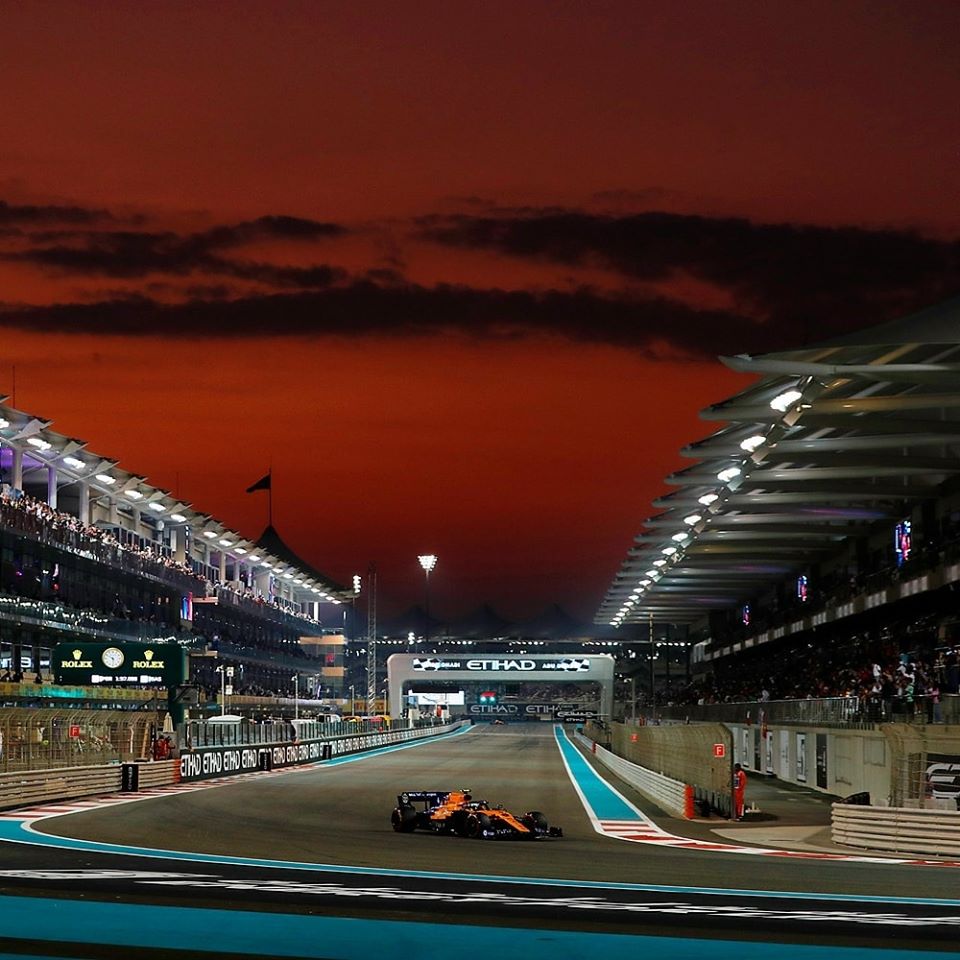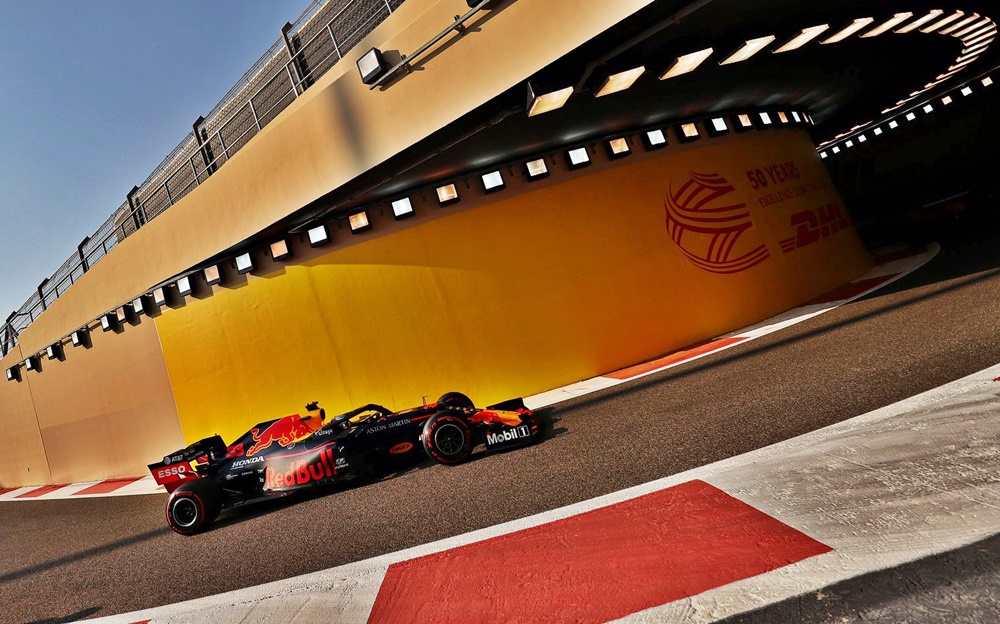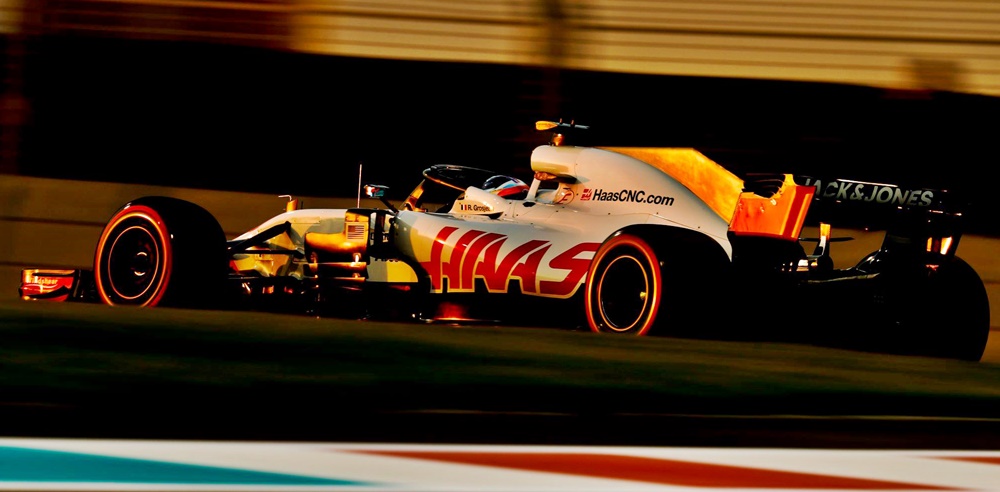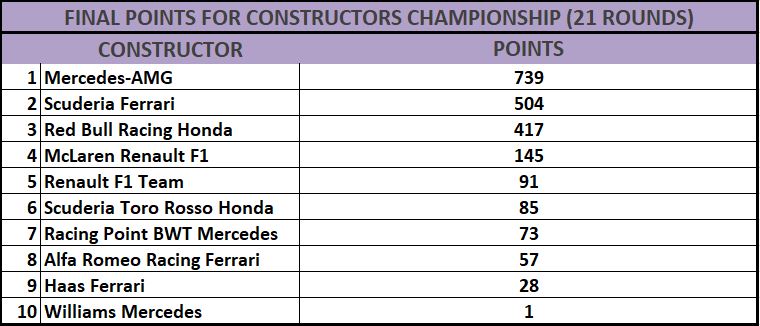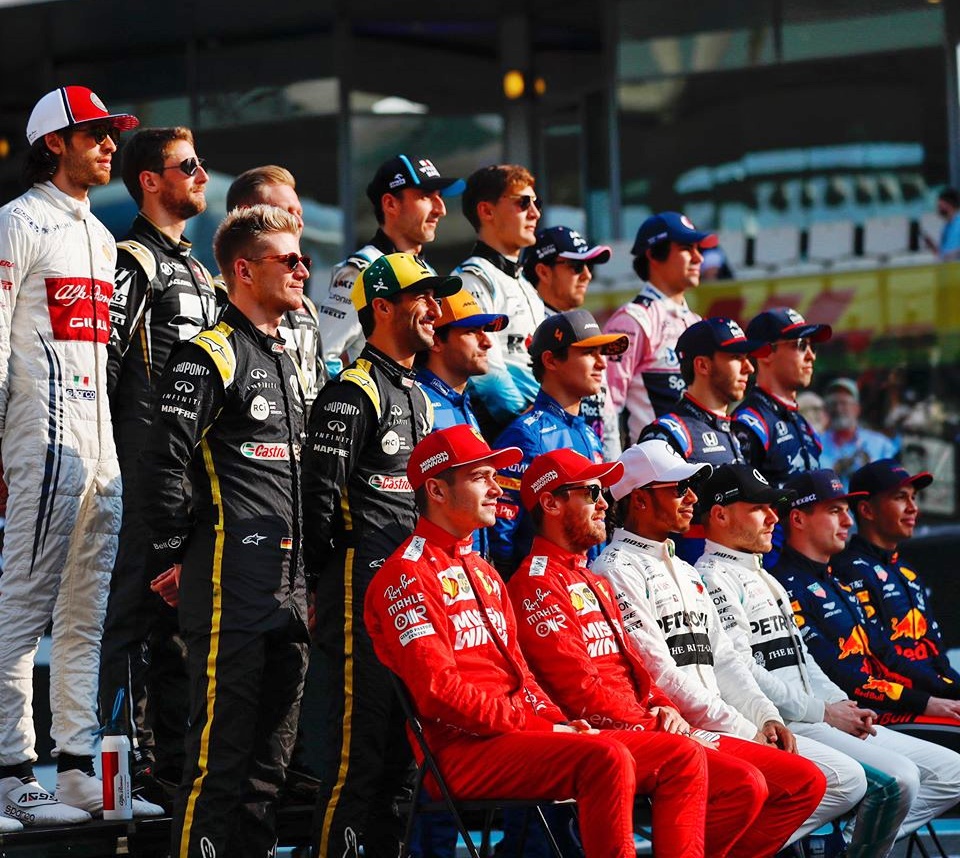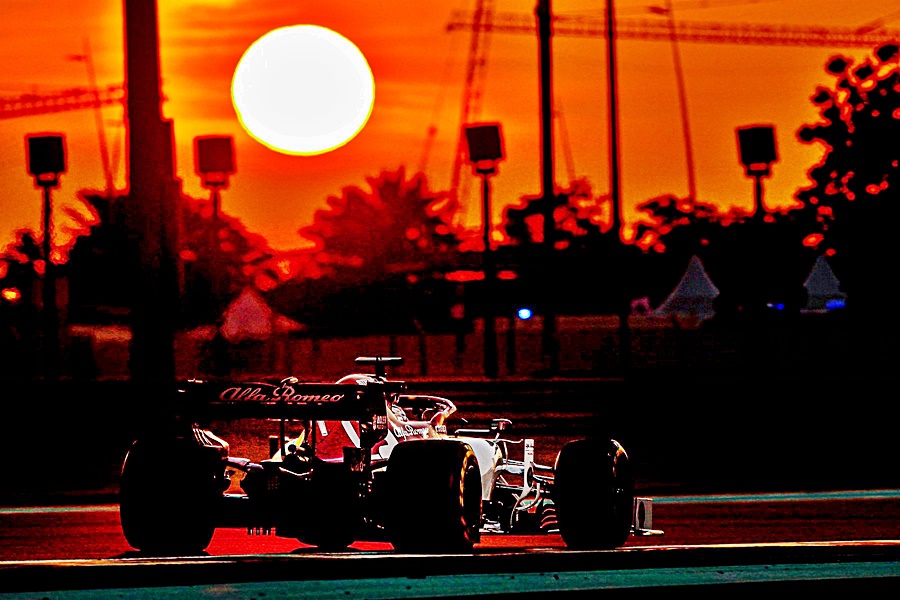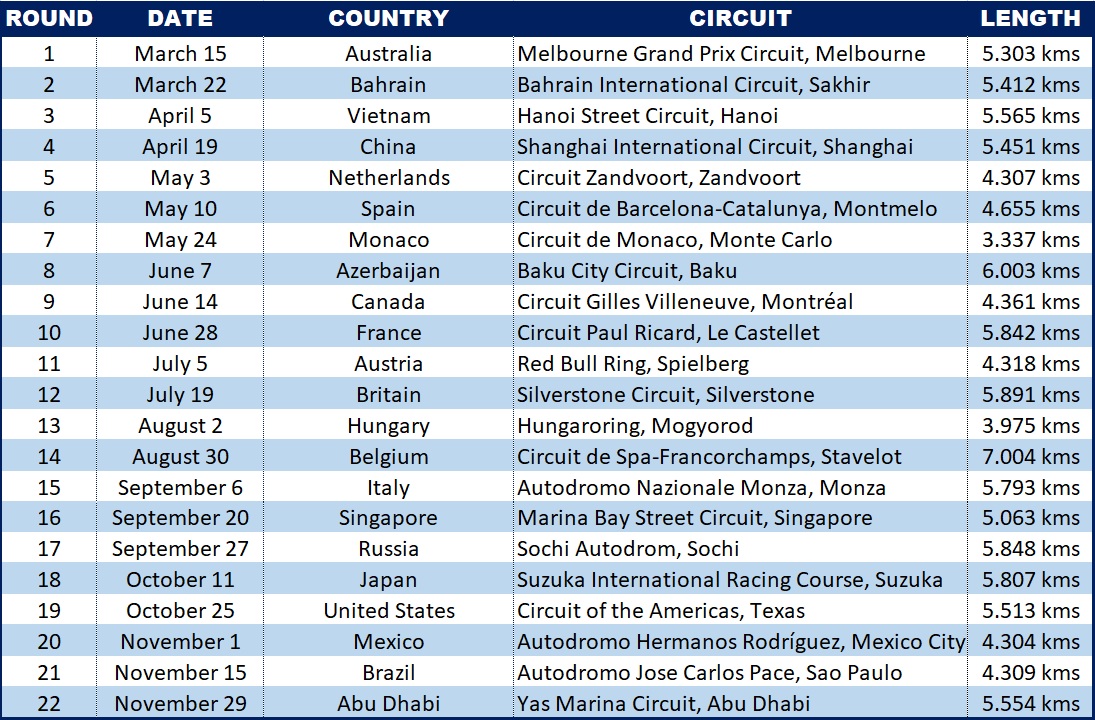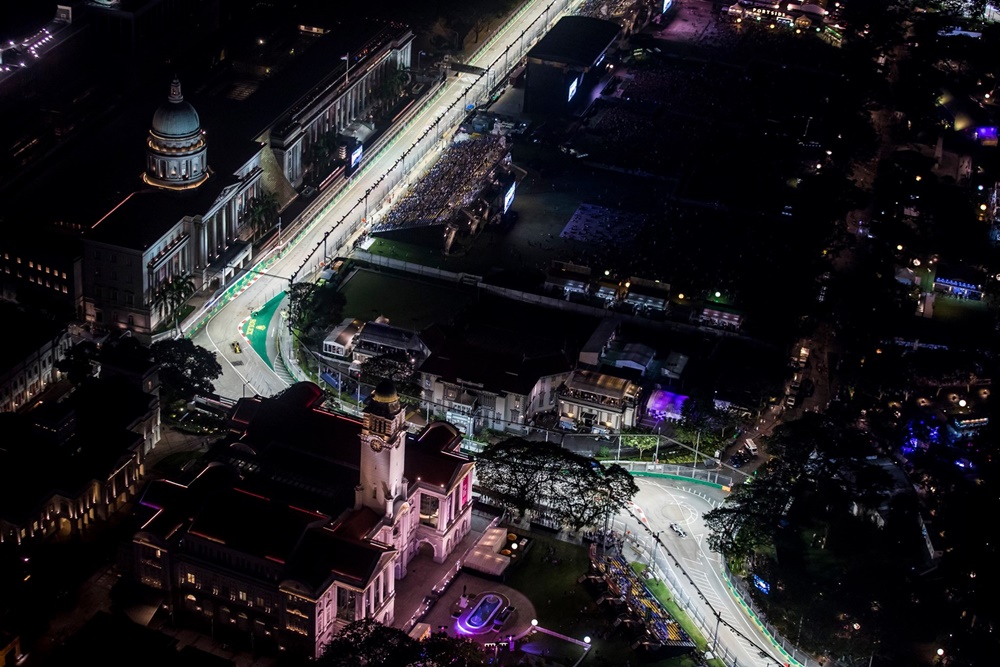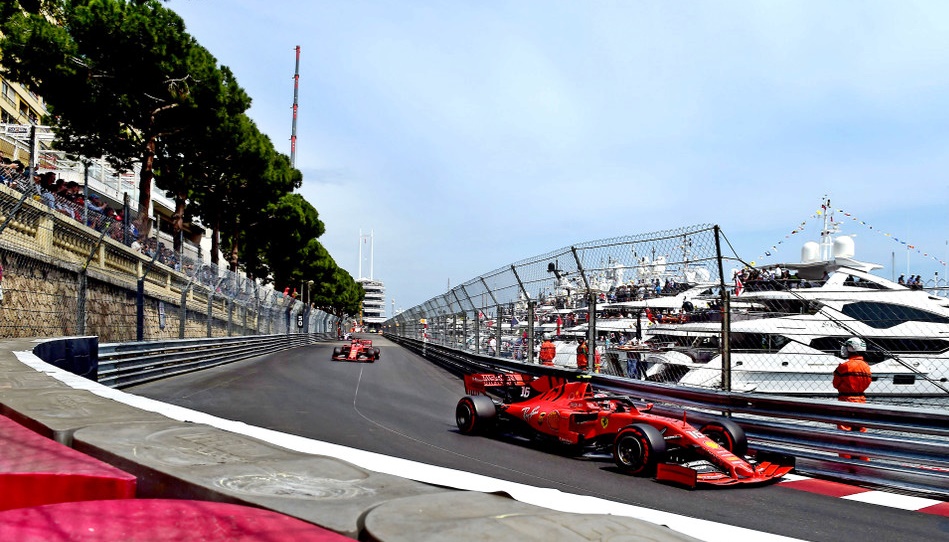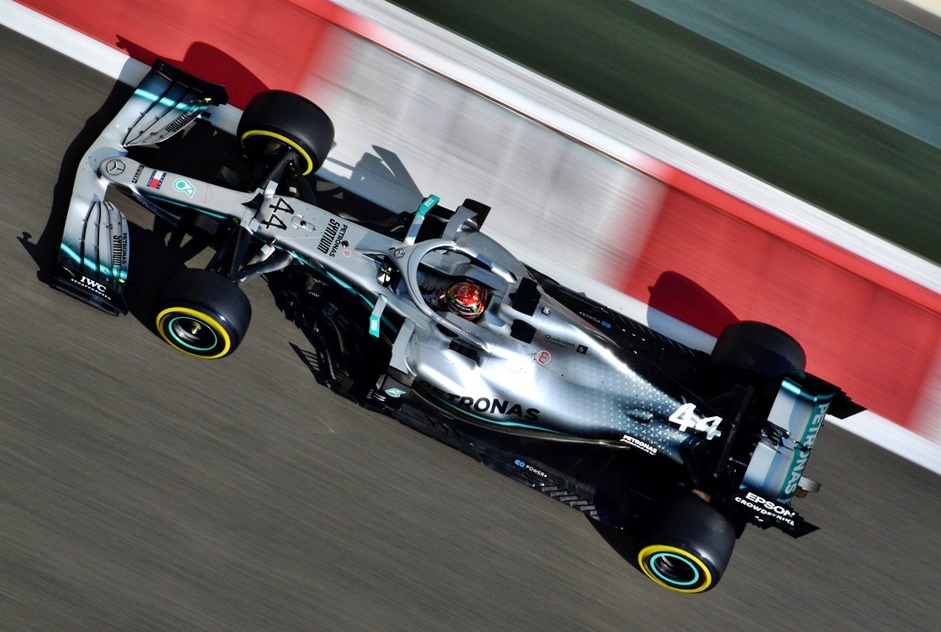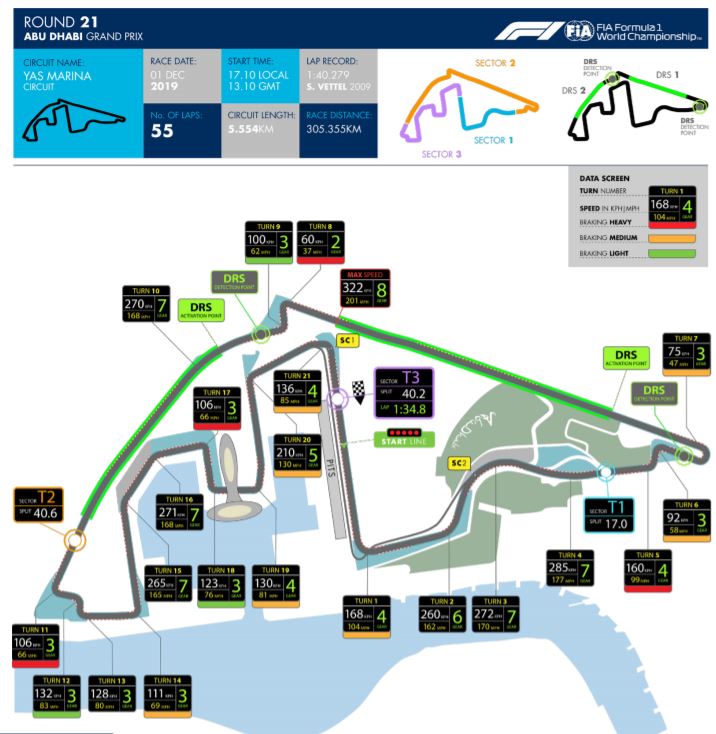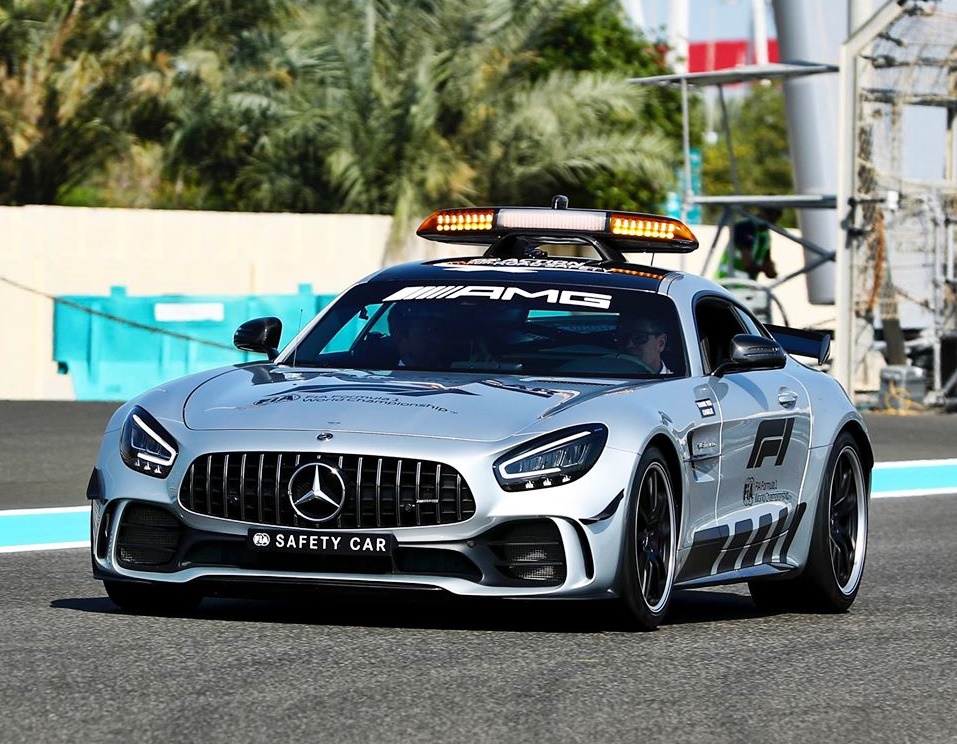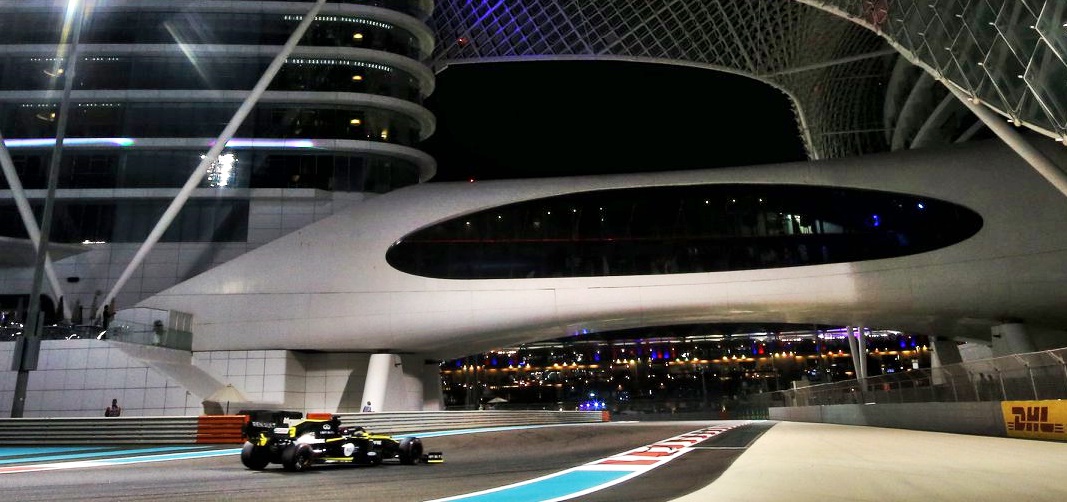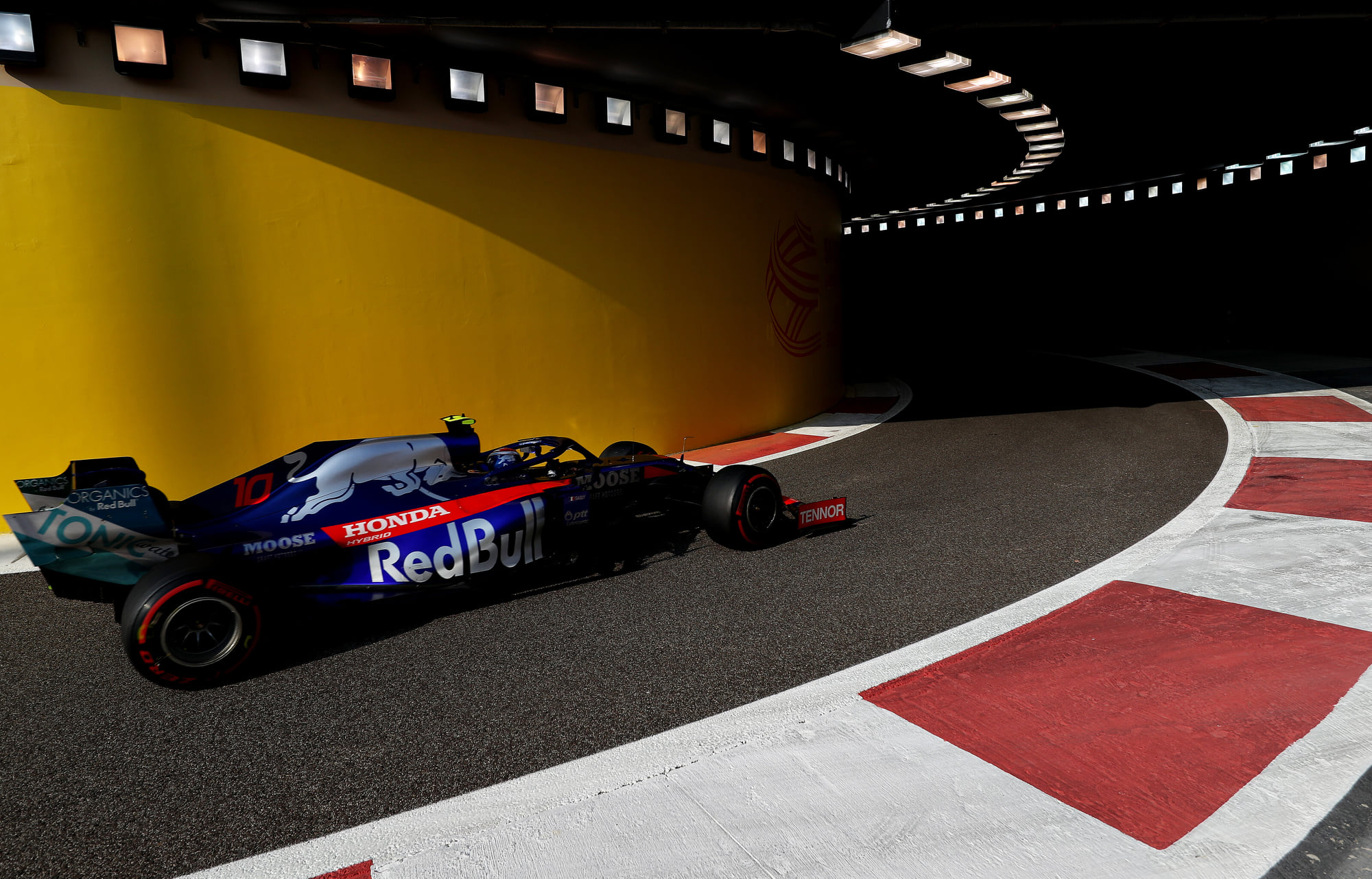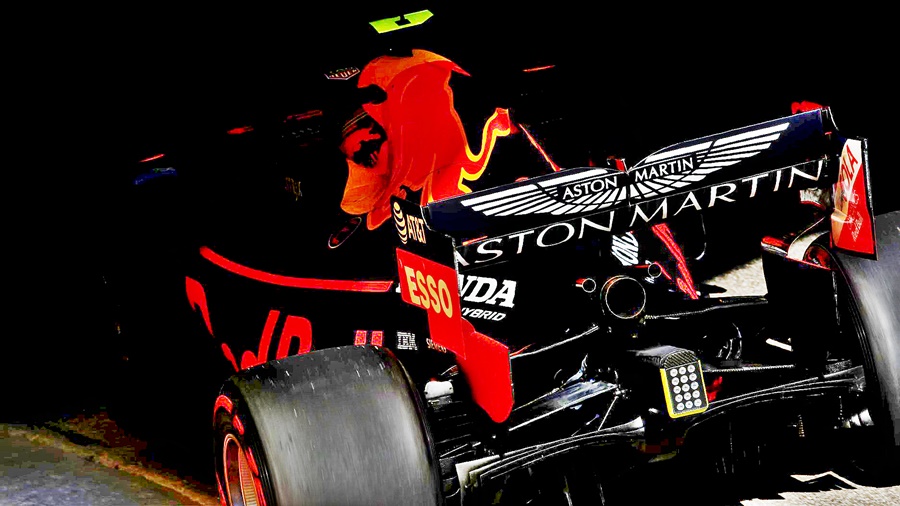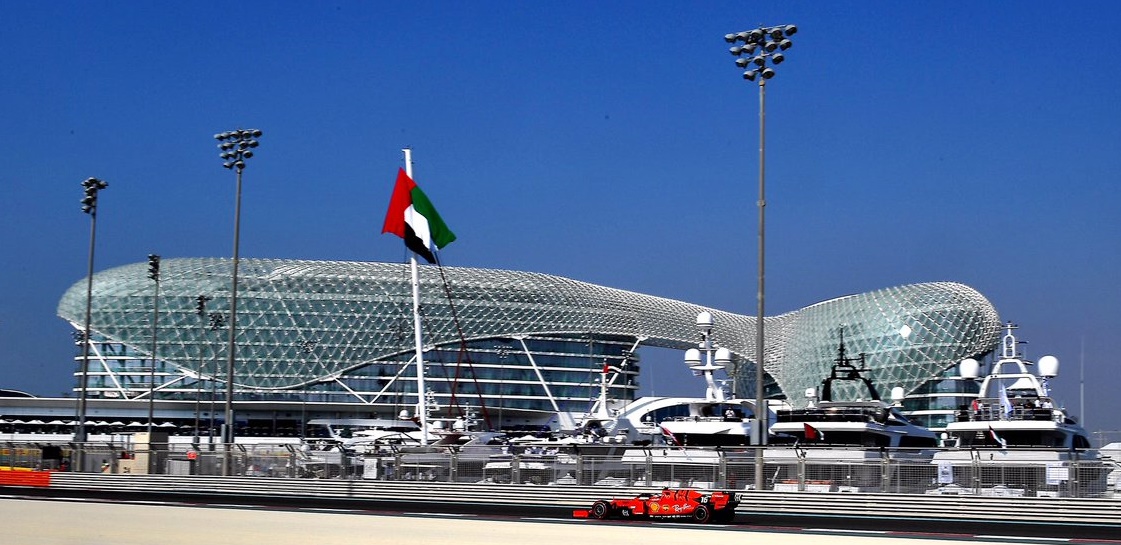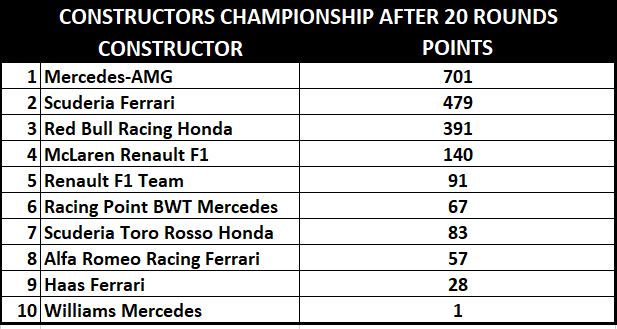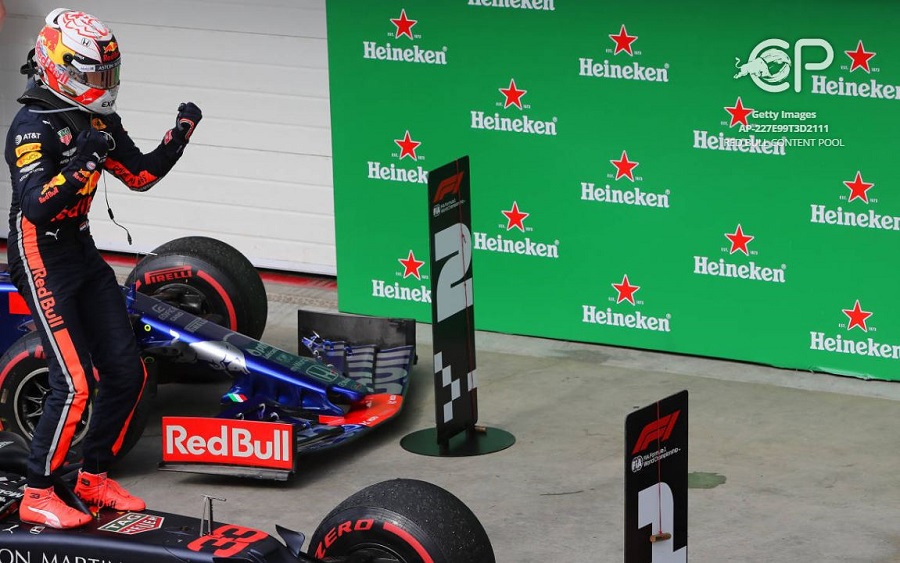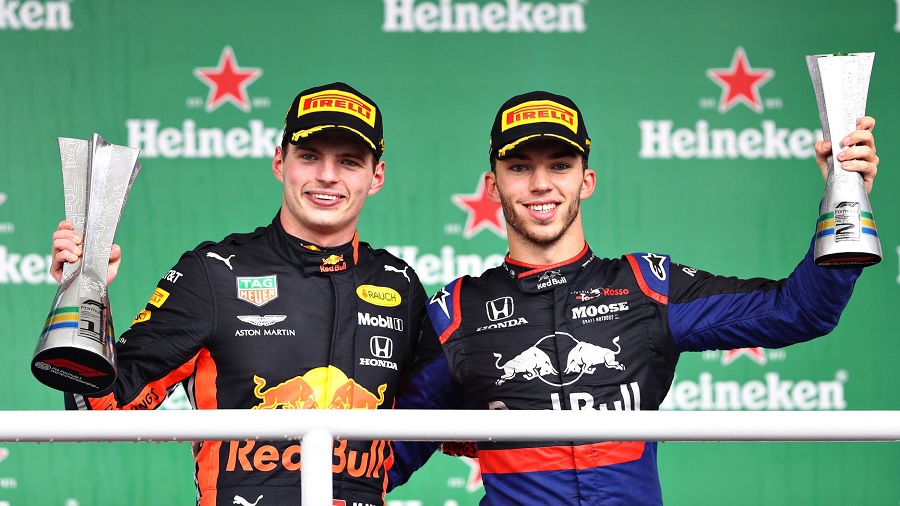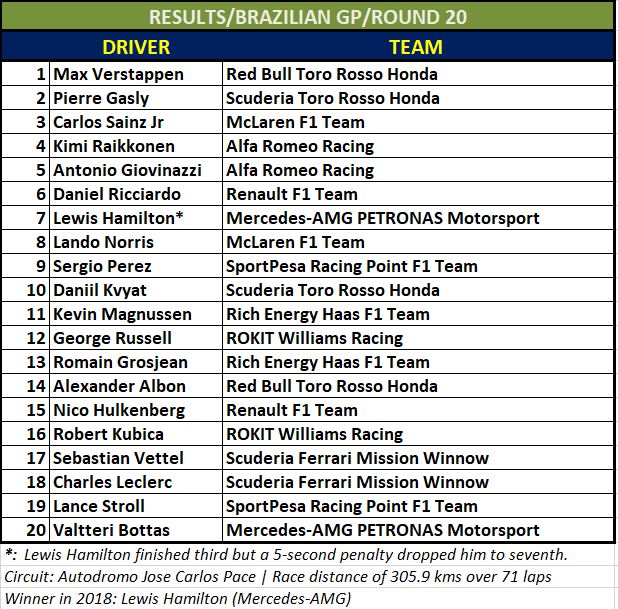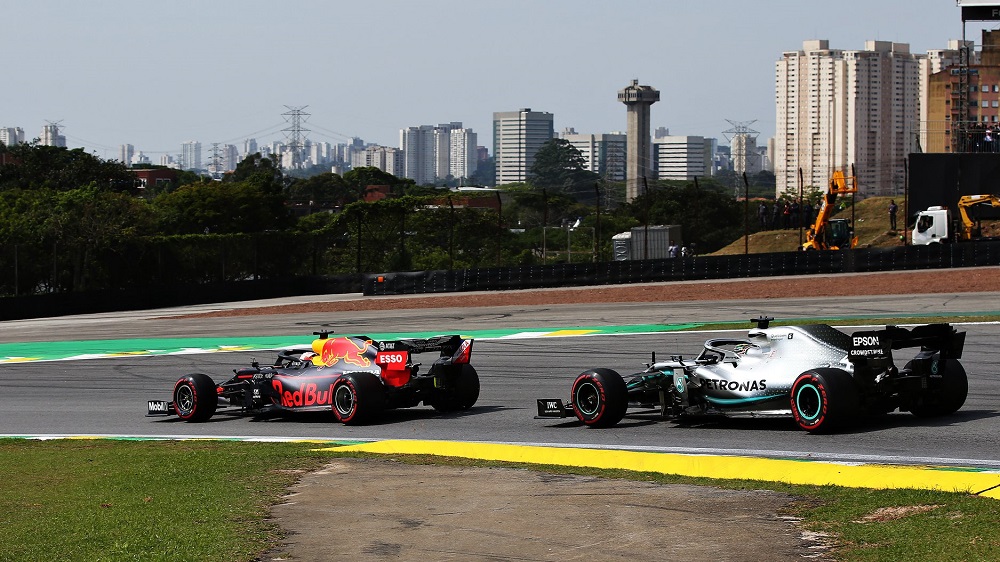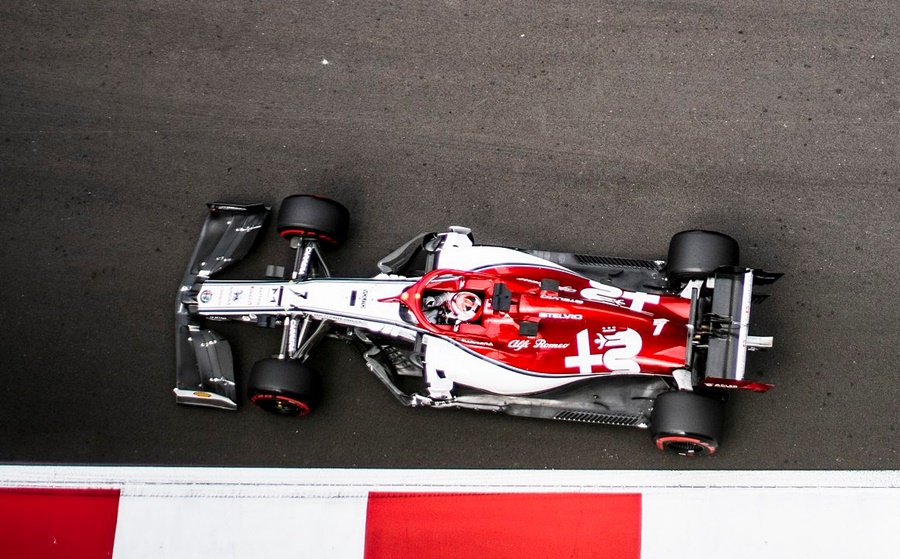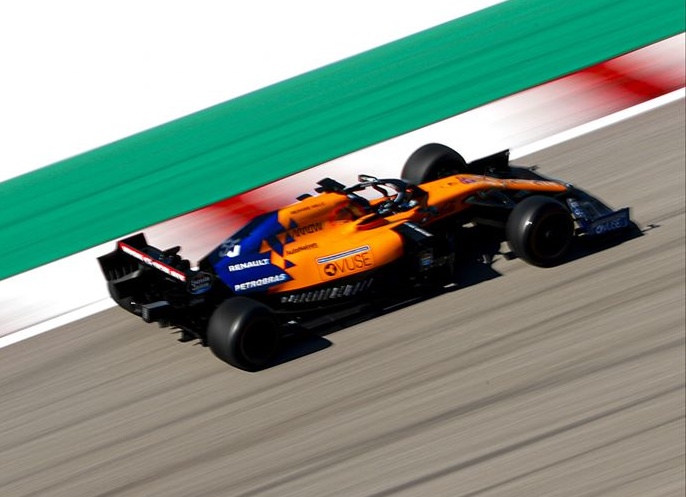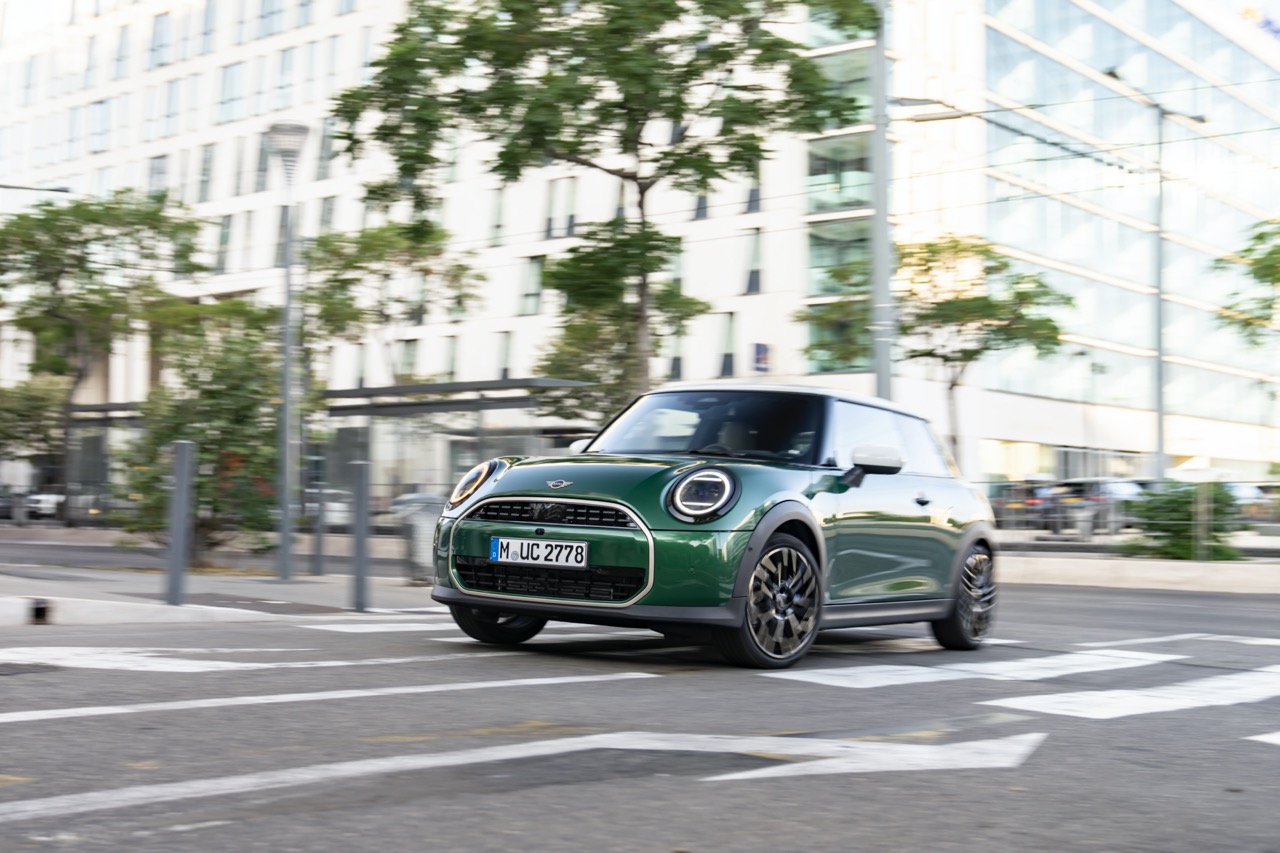With less than a week to go before opening, the 90th edition of the Geneva International Motor Show (GIMS) has been cancelled. Although the COVID-19 epidemic is spreading and increasing in many places all over the world, the organisers may have been debating daily whether to cancel but the decision was made for them when the Swiss government ordered that events with more than 1,000 people would not be permitted to run (at least until March 15, 2020).
“We regret this situation, but the health of all participants is our and our exhibitors’ top priority. This is a case of force majeure and a tremendous loss for the manufacturers who have invested massively in their presence in Geneva. However, we are convinced that they will understand this decision,” said Maurice Turrettini, Chairman of the Foundation Board.

GIMS was to have opened on March 5 and construction of the stands at the Palexpo venue has been nearly complete and now dismantling will instead have to be organised. The financial consequences for all those involved in the event are significant, especially carmakers which had planned to use GIMS to unveil their new models, among them the new Volkswagen Golf GTI and Kia Sorento.
Geely launched its new ICON SUV last week with an online event in China and some companies may be rushing to do the same thing. Of course, they have already spent a lot of money preparing for GIMS and although they will get refunds, some costs won’t be avoidable, eg payments to contractors building the stands. However, tickets already purchased for the event will be refunded.
Even though there are so far only 15 confirmed cases of COVID-19 infection in Switzerland, the move by the government is aimed at preventing or delaying the spread of the disease in the country in the hope of reducing its momentum. For events with fewer than 1,000 people, organizers are required to carry a risk assessment in conjunction with the authorities to decide whether the event can be held.
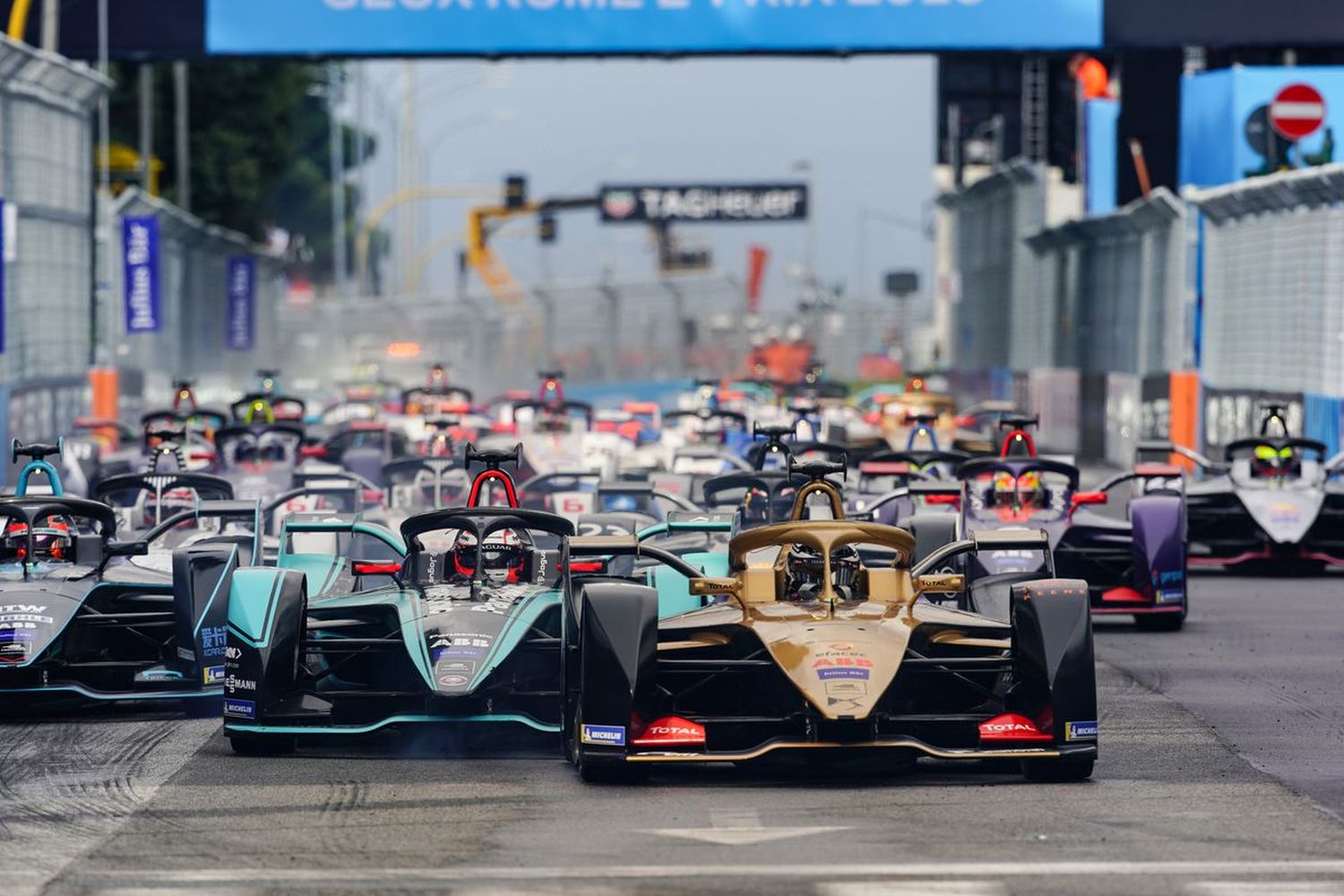
FIA monitoring situation but no cancellations – yet
While the Formula E round in Marrakesh will run this weekend, Liberty Media, the company which took over the commercial side of F1 in 2017, is expecting the COVID-19 crisis to impact its revenues by millions for the 2020 season. As it is, the Chinese GP scheduled in April has been postponed and the FIA is monitoring the situation closely and making the necessary decisions in the interests of the participants and the public.
The last time a F1 event was cancelled was in 2011 when the Bahrain Grand Prix, which was to have been the season-opener, could not run due to concerns about unrest in the country.
Related story: 2020 F1 Chinese Grand Prix cancelled due to COVID-19 situation
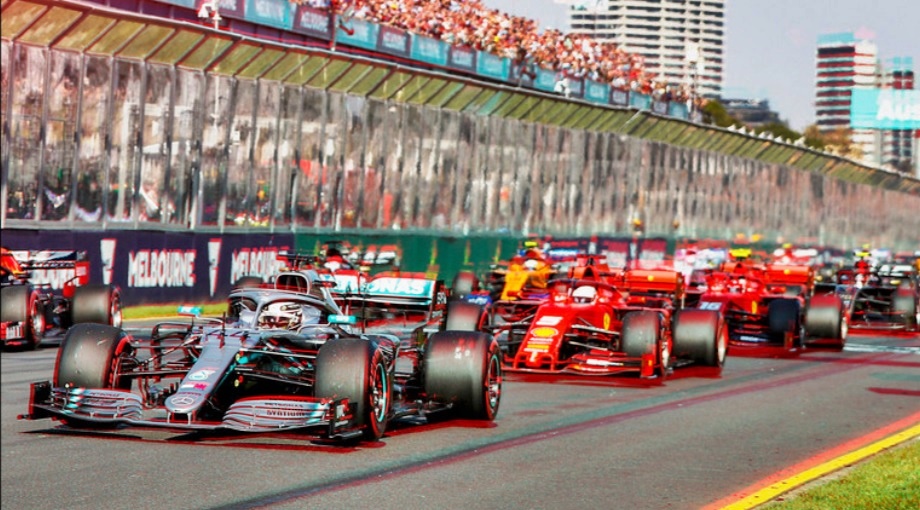
The first round for 2020 is to start in Melbourne, Australia, on March 15, a date that is presently used as an end-date for COVID-19-related measures. Round 2 will be in Bahrain and Round 3 at a new street circuit in Hanoi, Vietnam. Liberty Media wants the races to run and the FIA has so far not instructed any cancellations or changes to the calendar of 22 races, apart from the Chinese GP.
However, there could be a problem for some teams if the host countries become strict on entry or even refuse to allow entry to travellers from certain countries, eg Italy which has the largest cluster of infected persons. This not only affects the racing teams but also companies that support the teams. There are some logistics and hospitality contractors who have bases in China and they not only face increasing challenges to their operations, but movements of their personnel are hampered as some cannot enter certain countries or are stuck in them.
Related story: 2020 Liqui Moly US Legend Cars Championship postponed due to COVID-19
It’s not only F1 that has this critical situation but all sports… in fact, any event where large crowds will be gather in close proximity. These could include racetracks, stadiums and convention centres. It has already been found that one means of transmission has occurred at events where one infected person has passed the virus on to others present. The World Health Organization (WHO) has now raised its global risk assessment of the new coronavirus to the highest level.







